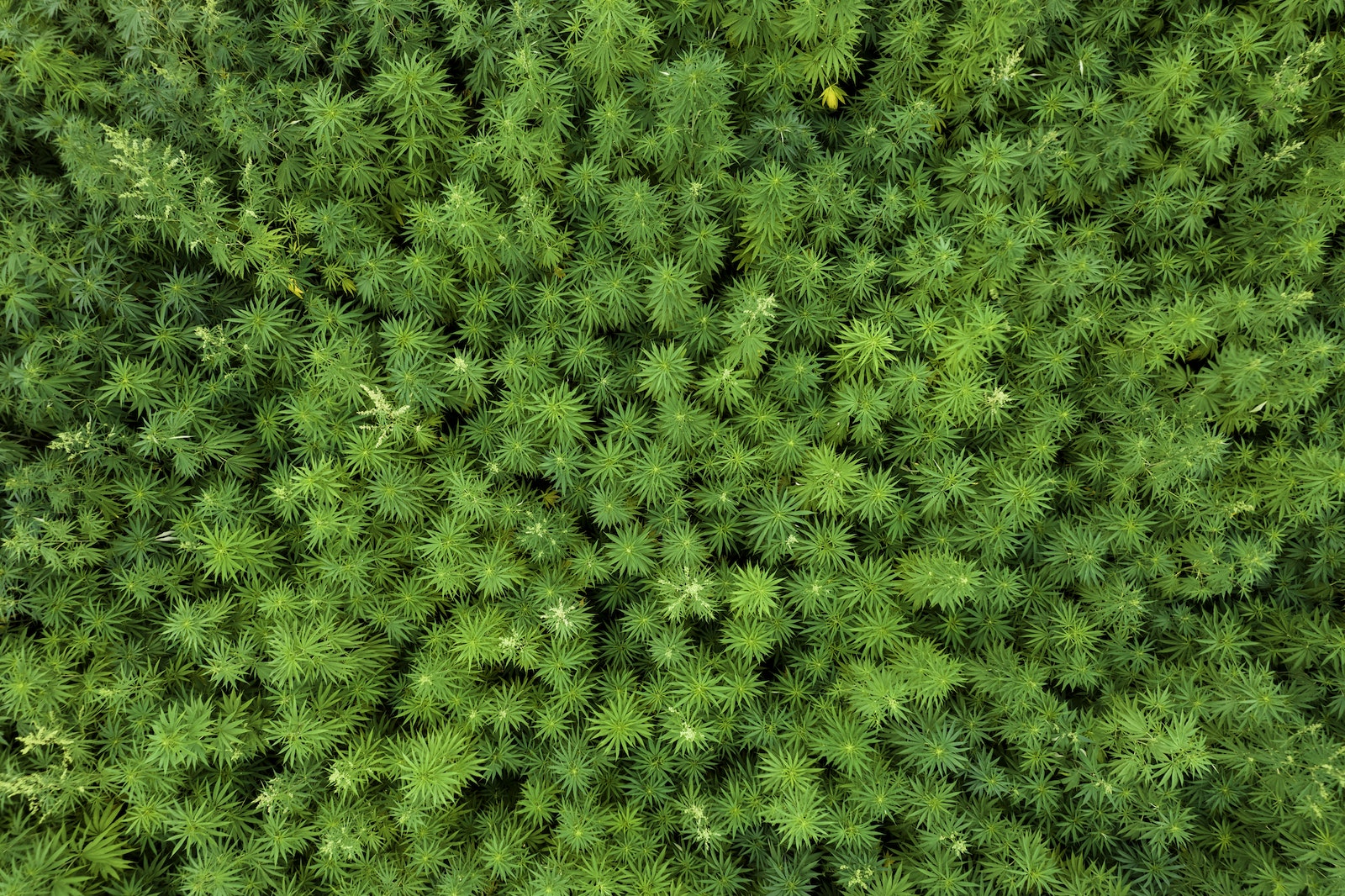What’s the Best Weed Killer for Dandelions: A Comprehensive Guide
Are dandelions taking over your beautiful lawn? Are you searching for the most effective weed killer to reclaim your green space? Look no further! In this comprehensive guide, we’ll delve into the world of weed killers and explore what’s the best weed killer for dandelions. Say goodbye to those stubborn dandelions and hello to a lush, weed-free garden.

What’s the Best Weed Killer for Dandelions?
When it comes to tackling dandelions, not all weed killers are created equal. Let’s explore the top options available and find out which one suits your needs.
Selective Herbicides: Precision Weed Control
Selective herbicides are your go-to solution if you want to target dandelions without harming your beloved grass. These weed killers are designed to be dandelion-specific, ensuring your lawn remains unscathed.
Non-Selective Herbicides: The Nuclear Option
Non-selective herbicides, while effective, will wipe out everything in their path, including dandelions and surrounding vegetation. Use them with caution in areas where precision is not required.
Organic Alternatives: Chemical-Free Solutions
For eco-conscious gardeners, organic weed killers provide a natural way to combat dandelions. These products are safe for the environment and your family.
Homemade Remedies: DIY Weed Control
Crafty homeowners may prefer homemade dandelion killers. Discover recipes for concoctions that can effectively eliminate these persistent weeds.
Tips for Effective Weed Killing
Before you embark on your weed-killing journey, consider these essential tips for success:
- Timing Matters: The best time to tackle dandelions is during their active growth periods, typically in the spring and fall.
- Follow Instructions: Always read and follow the label instructions on your chosen weed killer to ensure safe and effective application.
- Protect Yourself: Wear appropriate protective gear, including gloves and goggles, when handling weed killers.
- Proper Application: Apply weed killer evenly, avoiding oversaturation or underuse.
- Post-Treatment Care: After application, monitor the progress and follow up as necessary to ensure dandelions are eradicated.
FAQs

Q: Can I use a selective herbicide near other plants?
A: Yes, selective herbicides are designed to target specific weeds like dandelions while leaving other plants unharmed.
Q: How long does it take for weed killers to work?
A: The time it takes for weed killers to be effective can vary, but you should start seeing results within a week.
Q: Are organic weed killers as effective as chemical ones?
A: Organic weed killers may take longer to show results, but they can be just as effective with patience and proper application.
Q: Can I make my own weed killer at home?
A: Yes, there are several DIY recipes using common household ingredients like vinegar and salt that can be effective against dandelions.
Q: Is it safe for pets and children to play on a lawn treated with weed killer?
A: It’s best to keep pets and children off the treated area until it’s completely dry and safe, as some weed killers can be harmful if ingested.
Q: Can dandelions grow back after treatment?
A: Dandelions can be persistent, so it’s important to monitor and retreat if necessary to prevent regrowth.
Conclusion
In your quest to find what’s the best weed killer for dandelions, it’s essential to consider your lawn’s unique needs and your environmental concerns. Whether you opt for selective herbicides, non-selective herbicides, organic alternatives, or homemade remedies, remember that patience and proper application are key to a dandelion-free lawn.
So, say goodbye to those stubborn dandelions and hello to a thriving, weed-free garden. Reclaim your outdoor space and enjoy the beauty of a lush, green lawn!



























